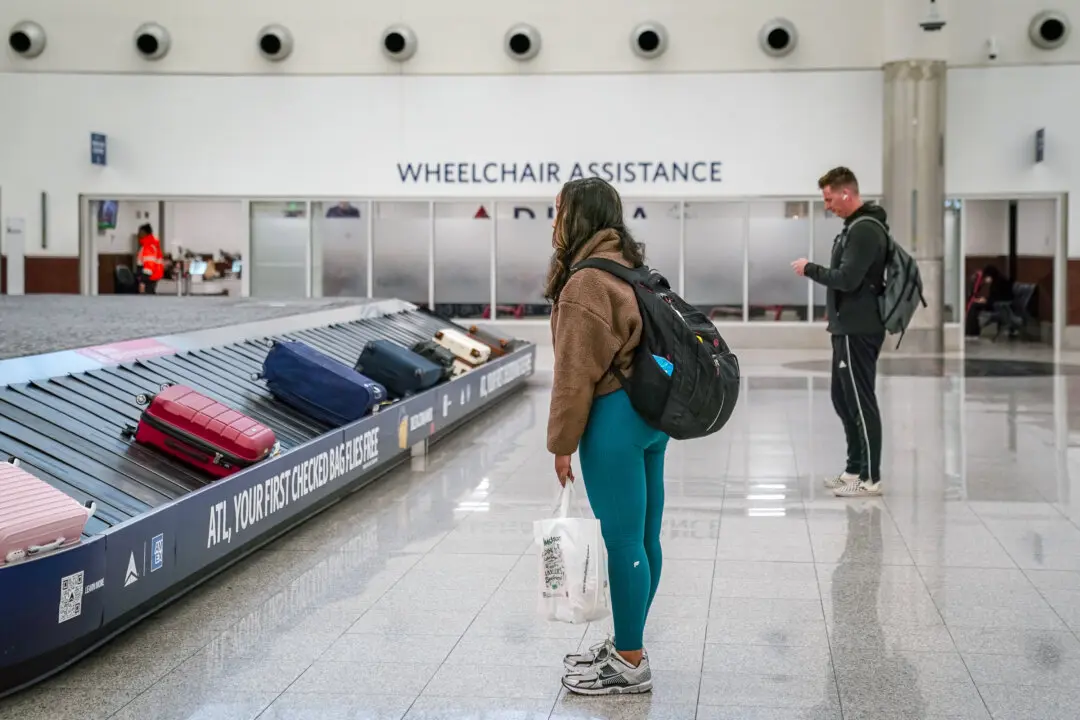By Rae Hartley Beck
From Bankrate.com
The coronavirus pandemic has had profound impacts on the housing market. House flipping and residential real estate investing have risen drastically, with real estate analytics firm CoreLogic reporting that investors bought a record high 28 percent of all single-family homes in the first quarter of 2022.






